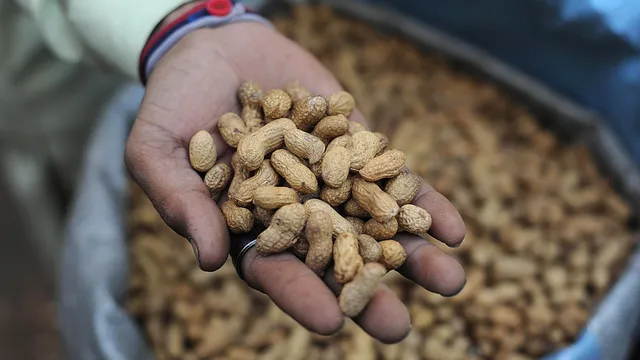Some very small changes in your diet can help reduce inflammation and address other health issues that can arise with age. Experts recommend eating foods that contain antioxidants, fiber, calcium, healthy fats, and protein. The EatingWell portal tells about the five best products to eat after the age of 50.
Berries
Blueberries, blackberries, strawberries, raspberries — they are all rich in antioxidants, which help reduce inflammation and promote healthy aging. Fruits are a key part of a diet designed to prevent dementia and other forms of cognitive decline.
Beans
Beans contain peptides, polyphenols, and saponins, which have anti-inflammatory properties. “Eating a mix of legumes can help you feel fuller for longer and help fight excess inflammation in the body,” says nutritionist Zariel Grulion. What’s more, beans are rich in fiber, which supports a healthy gut microbiome, which can help combat menopausal gut issues. They’re also a source of valuable plant-based protein to help prevent age-related muscle loss.
Dark Leafy Greens
“Dark leafy greens like spinach, kale, and watercress are packed with beneficial nutrients and phytochemicals that curb inflammation and reduce oxidative stress,” says dietitian Seema Shah. These include vitamins A, C, E, and K, as well as powerful polyphenols. Dark leafy greens are especially rich in bone-building minerals like calcium, magnesium, and potassium, Shah says.
Salmon
Salmon is worth adding to your diet because it’s rich in omega-3 fatty acids, which are known for their anti-inflammatory properties. “Eating one to two servings of oily fish a week can boost heart health, reduce stiffness associated with arthritis, and help maintain brain function. It’s a source of high-quality protein and vitamin D — two nutrients that support muscle mass and bone strength,” says Lizzie O’Connor, M.D. Nuts A handful of nuts contain a variety of antioxidants and heart-healthy nutrients, such as phytosterols, selenium, magnesium, tocopherols, polyphenols, unsaturated fats, and fiber. With their rich nutritional profile, nuts can help reduce the risk of heart disease. Almonds and walnuts are particularly good for reducing inflammation, and Brazil nuts help reduce oxidative stress. Especially if you don’t eat fish, walnuts are worth adding to your diet because of their inflammation-fighting omega-3 fatty acids. | BGNES

 Breaking news
Breaking news
 Europe
Europe
 Bulgaria
Bulgaria







